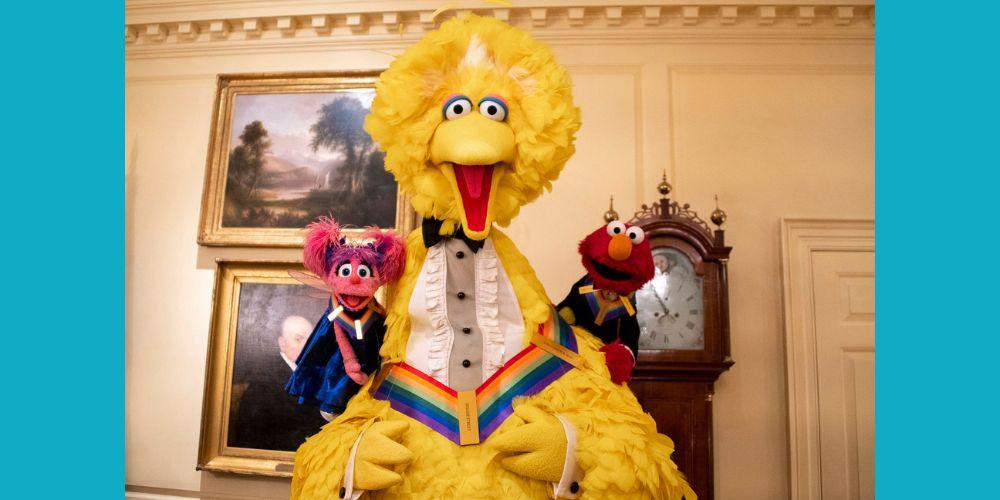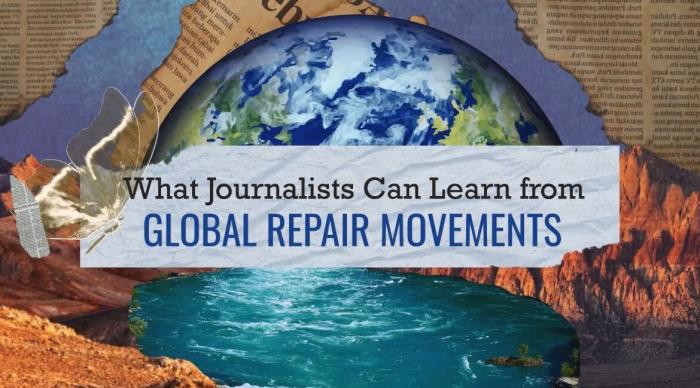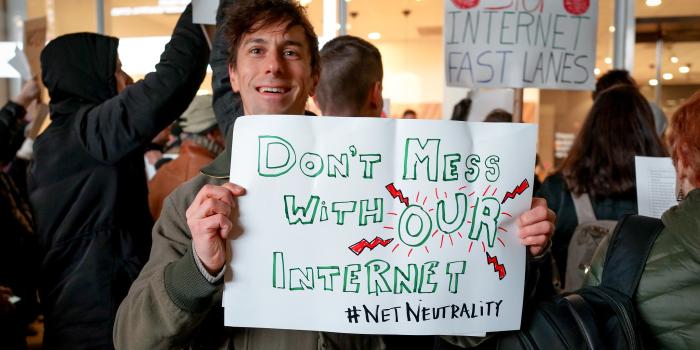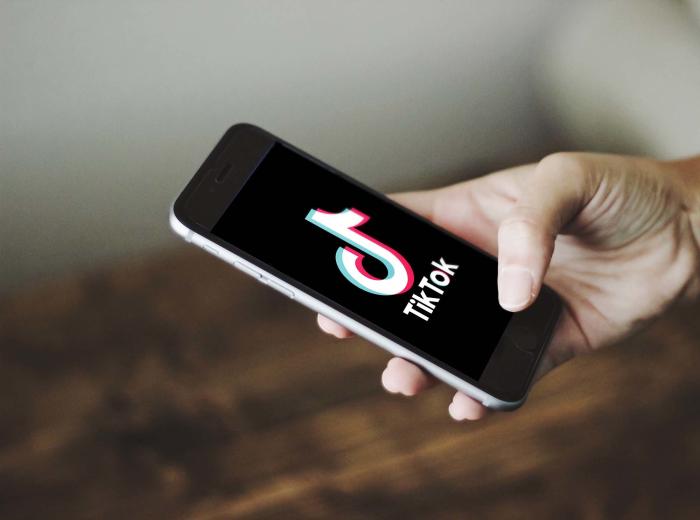Republicans Are Still Afraid of Big Bird

The House GOP has been busy attacking everything and everyone that doesn’t fit into their narrow view of American culture.
It’s a list that includes history teachers, children’s books, racial-justice protesters, indebted students, women, members of the LGBTQIA+ community, voting rights and so on.
And now we can add Big Bird and journalist Judy Woodruff to their litany of perceived threats.
Public media on the chopping block
Republicans in Congress proposed eliminating all federal funding for the Corporation for Public Broadcasting, a main revenue source for the hundreds of local NPR and PBS stations that air Sesame Street and PBS NewsHour.
The cuts, voted on during a House Appropriations Education Subcommittee hearing, would zero out the $535 million the Biden administration proposed to help underwrite these and other popular programs like Democracy Now!, Fresh Air, Frontline and the PBS Kids lineup.
While this $535-million investment is essential to keeping local public-television and radio stations on the air, it amounts to just 0.03 percent of the $1.7 trillion of total annual discretionary spending in the president’s FY 2023 proposal — or approximately $1.60 per person.
That $1.60 is a tiny fraction compared to the $81 per person that the United Kingdom spends on public media. Head further north and the numbers head north as well: Denmark spends more than $93 a person, while Finland spends more than $100 and Norway more than $110. And it isn’t just a European trend: Japan (+$53/capita) and South Korea (+$14) show their appreciation for publicly funded media at levels that put the U.S. outlay to shame.
And strong funding is good for democracy. A recent comparative study of 33 nations by Free Press Board Chair Victor Pickard found that more robust public-media funding deepened public knowledge about civic affairs and provided more diverse news coverage in a given country.
Giving people what they want
Despite this overwhelming evidence, attacks on public media and the quality programming it presents are par for the course for a party that thinks all media save for a few far-right outlets are, in the words of de-facto GOP leader Donald Trump, “enemies of the American people.”
Groups like Free Press Action and millions of people across the country will fight to save the CPB. A 2022 poll rated PBS and its 350 member stations as the most-trusted nationally known institution. Survey respondents also rated the federal funding that supports PBS as taxpayer money “well spent.”
Previous Republican attempts to slash the CPB met with overwhelming public opposition as millions of people called and wrote their elected representatives in protest.
If the GOP-controlled House thinks it can now push its anti-public broadcasting culture war past the tens of millions of people who rely on NPR and PBS stations and other public media every day, it’s in for a surprise.
Members of Congress should listen to the voices of their constituents instead of trying to slip into the budget this disastrous plan to silence NPR and PBS.
Public and community media are treasured local institutions that are far more popular than one reactionary party and its culture warriors in Congress. They need to be reminded that Big Bird isn’t all that scary, but ignoring the wishes of the people of the United States should be.
Help sustain Free Press Action's efforts to protect public media: Donate today.





